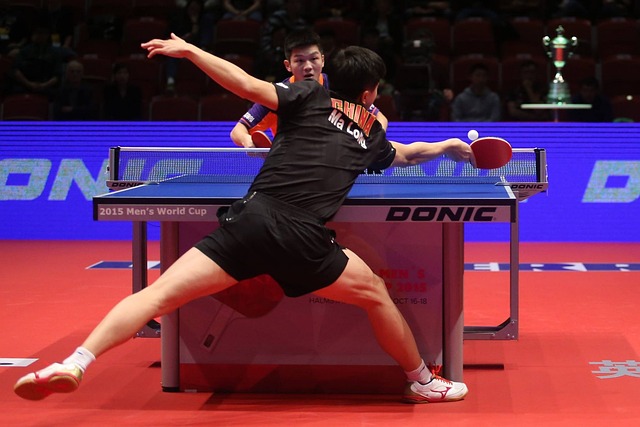One of the key traits that separates profitable sports bettors from casual ones is the ability to consistently spot value bets. Value betting isn’t about always picking winners—it’s about finding wagers where the odds are better than the true probability of the outcome. Over time, consistently betting on value is how smart bettors beat the bookies and grow their bankroll.
In this article, we’ll break down what value betting means, how to identify value opportunities, and the tools and mindset you need to succeed in competitive sports markets.
What Is a Value Bet?
A value bet occurs when a sportsbook’s odds for an event are higher than the actual likelihood of that event happening.
Example:
Let’s say you believe a team has a 60% chance to win a match. That translates to decimal odds of 1.67 (or -150 in American odds). If the sportsbook is offering odds of 2.10 on that team, you’re getting more return than the risk justifies—that’s a value bet.
Formula to determine value:
Value = (Probability × Odds) – 1
If the result is greater than 0, it’s a +EV (positive expected value) bet.
Verdict:
Value isn’t about guessing outcomes—it’s about betting when the odds are in your favor, based on your own analysis or statistical models.
How to Calculate Your Own Probabilities
Spotting value starts with estimating the true probability of an outcome better than the market does. This can be done through:
- Statistical models (e.g., goals per match, team ELO ratings)
- Historical performance (head-to-head data, home vs away stats)
- Injury and roster analysis
- Situational factors (rest days, weather, travel fatigue)
You then convert your estimated probability into decimal odds and compare it to what the bookies offer.
Probability to Odds Conversion:
Decimal Odds = 1 / Probability
If you believe a team has a 40% chance to win, fair odds would be 2.50. Any odds above that suggest potential value.
Market Inefficiencies and When to Act

Bookmakers are generally accurate—but not perfect. Value often emerges when markets misprice outcomes due to bias or late-breaking information.
Where to find value:
- Niche sports or lower leagues with less market sharpness
- Overhyped favorites that attract casual money and inflate odds
- Undervalued underdogs with strong statistical backing
- Live betting markets, where odds shift rapidly based on in-game events
- Early lines before the betting public causes line movement
Speed matters. Odds adjust quickly, especially when value is identified by professional bettors. Acting early is often the key to capitalizing before the line corrects.
Tools for Spotting Value
Modern bettors use a range of analytics tools and resources to help detect value:
- Odds comparison sites (e.g., Oddschecker, Betbrain)
- Betting exchanges (e.g., Betfair) to gauge real-time market pricing
- Statistical databases like SoccerSTATS, Basketball Reference, or ESPN Stats
- Machine learning models for predictive accuracy
Even simple Excel-based models tracking historical closing line values can give you an edge.
Risk Management: Bankroll and Value Betting
Even with value on your side, variance is part of the game. That’s why bankroll management is critical when betting value.
Use the Kelly Criterion to size your bets based on the edge and odds. Or stick to flat betting for simplicity and long-term sustainability.
Sample Kelly formula:
Stake = (Value × Bankroll) / Odds
Never risk more than you can afford to lose, and track your results consistently to measure performance and adjust your strategy.
Common Mistakes to Avoid

1. Overconfidence in Your Estimates
Value betting relies on probability—not certainty. Always consider margin of error.
2. Chasing Steam or Line Movement
Not all line movement is sharp-driven. Avoid following blindly without analysis.
3. Forgetting the Vig (Margin)
Bookmaker odds include a built-in edge. Learn to remove the vig before assessing value.
4. Misjudging Motivation or Intangibles
Teams with nothing to play for or internal conflict can skew performance beyond what stats predict.
Final Thoughts: Long-Term Profits Over Short-Term Wins
Value betting isn’t about winning every bet—it’s about making mathematically smart decisions that pay off over time. By learning to calculate implied probability, compare it to your own assessments, and act when there’s a mismatch, you’ll start betting like a pro.
It requires discipline, research, and patience—but the reward is a consistent edge over the market.
If you’re serious about sports betting, spotting value isn’t optional—it’s essential.
